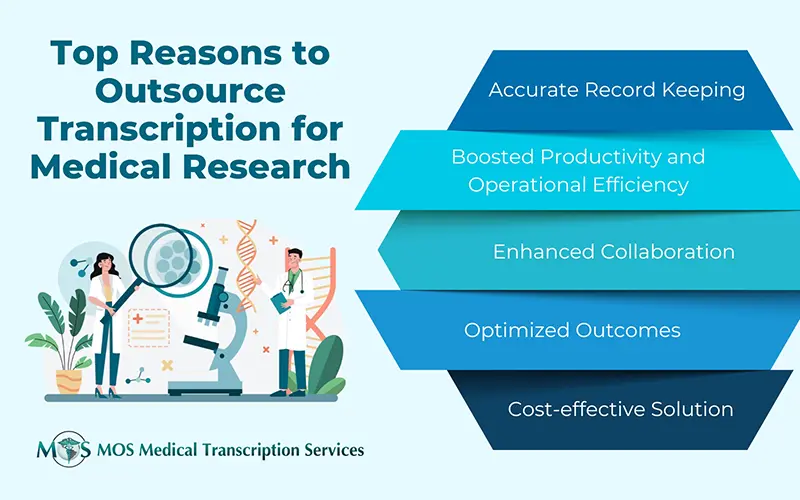Proper communication between patients and healthcare providers is vital for better patient care. Patients should feel free to express their feelings to their physician because this can ensure better outcomes. A genuine concern at present is the EHR, which forces the physician to look away from the patient and make entries in the electronic health record. While documentation requirements can be met by hiring a good medical transcription service, physicians have to do more to ensure their patients are actively engaged and value their opinion.

A major problem that physicians face and which affects the patient – doctor relationship is patients lying to doctors. For patients, going to their doctor and facing uncomfortable questions about their bad habits can be stressful. The information that a patient tells a doctor plays a crucial role in providing maximum care. The main reason why patients lie to their doctors are embarrassment, simple ignorance, fear of being judged etc, but whatever the reason, this can be dangerous for their health.
The following are the common lies that patients tell doctors.
- They lie about taking supplements: Many patients take nutritional supplements and herbs, but do not admit this to the doctor. Many of these supplements can be harmful and interfere with the medicines and drugs physicians prescribe and this can distort test results and reflect in the physician’s diagnoses.
- Smoking: Patients lie about smoking and also about how they smoke. This is very dangerous for their health, especially for heart patients because any nicotine and tobacco derivatives in the body can slow down the process of healing. Patients feel ashamed about their habit of smoking and don’t want to discuss it.
- Lie about their sugar intake: Diabetes is very risky, especially for patients who have surgical wounds and uncontrolled sugar levels can affect the patient’s recovery. Some patients with diabetes are unaware of their blood sugar levels or can’t recall it. It is important for patients to track their blood sugar levels because they are at more risk of developing eye diseasessuch as cataract, glaucoma, and diabetic retinopathy that goes undetected sometimes and chronic diabetes can even lead to heart diseases and strokes etc.
- Women lie about heavy menstrual periods: Women often feel embarrassed about heavy periods when they have to change pads or change clothes several times a day. They try to hide their need for frequent bathroom visits. Many of them believe that there is no safe treatment for vaginal issues and this can lead to severe health issues. They are also worried about surgical treatment on such sensitive areas.
- About their drinking habits: This is a very common lie that patients tell their doctors. Consuming more than 12 ounces of beer, 5 ounces of wine, or 1.5 ounces of distilled spirit can be harmful and negatively affect the treatments provided. It will increase the chances of hospitalization.
- About exercise: Some doctors advise their patients to exercise and be physically active. It is a therapy and a treatment of diseases and also helps in preventing diseases. However, many patients lie about exercise saying they exercise regularly when in fact they do not. Exercise is very important for patients who are obese, which can later lead to increased diabetes, coronary diseases etc.
Another important thing people don’t reveal to doctors or lie about is their financial hardships. A recent report from the University of Texas’s South-western Center for Patient-centered Outcomes Research reveals that low-income individuals don’t always tell their doctors the truth about their financial hardships, or that they are choosing to pay for their food and rent rather than medications and other healthcare. When patients do this, doctors feel they are not following the instructions given. The study authors say that as a solution to this problem, doctors and patients should have more open discussions regarding the cost of medicines and find one that the patient can afford. They could also identify medications that patients can safely skip. Medical transcription outsourcing companies have a role to play in studies such as these. Typically, physician-patient conversations that are recorded need to be transcribed and studied to find out how physicians are handling individual cases, and what changes can be brought about to ensure smoother, and more open communication between the provider and the patient.


